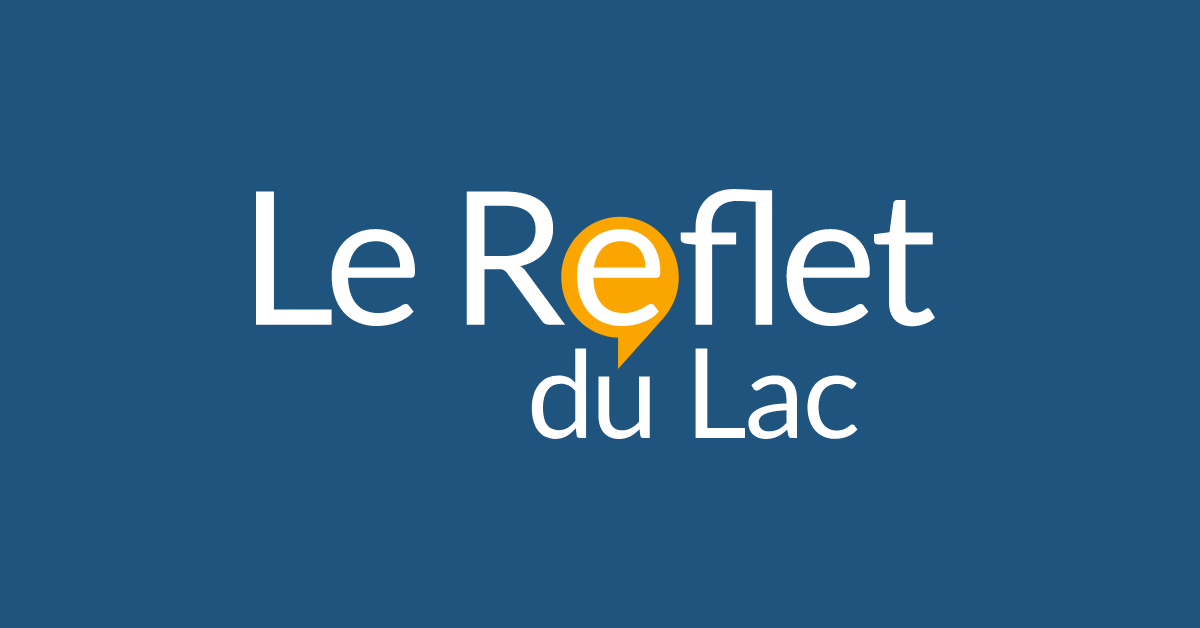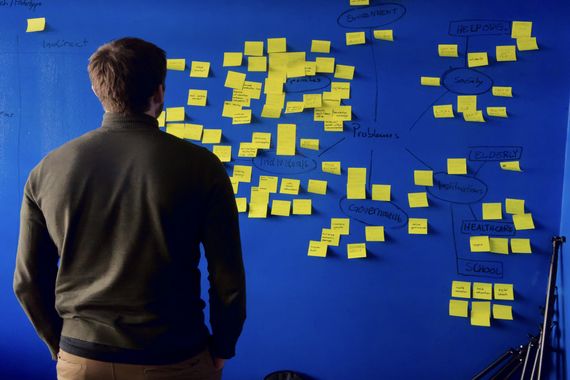
Institut Montaigne, Foundation Abiona and Open Classrooms have joined forces to offer an online training program in French: AI goal. They have joined forces with UNESCO to present a new free online course available in French and English: Destination AI, which aims to discover and understand the risks and benefits of artificial intelligence for our society.
Today, more than half of companies have implemented AI projects while many people still lack basic knowledge about the nature of AI and its potential risks, benefits and impacts. At the same time we find a few young girls In the technical and scientific sectors, few women in scientific professions, Destination IA seeks to fill these gaps in order to allow the next generation to benefit from the possibilities offered by artificial intelligence in an appropriate way.
Tanya Perlmutter of the Abiona Foundation says:
“Young people understand technology because they play on their phones, but they don’t necessarily know the implications in terms of privacy or the risks involved. Young people are more exposed, because they use AI in a more diversified way: if they don’t know what they’re doing, they’re at great risk.”
Destination AI: Understand how AI works to better identify challenges and opportunities
Like Objectif IA, this approximately 6-hour course is aimed at everyone, particularly students and professionals in the private or public sector who want to take advantage of the opportunities offered by artificial intelligence.
Proposed by UNESCO, Institut Montaigne, OpenClassrooms, an online training site, the Abeona Foundation, an association that advocates for equality in data science, and has received support from AFD, AWS, Hub France IA, Ingenico, L’Oréal, La Poste, Michelin, PricewaterhouseCoopers, Orange, Sanofi, Systems.
The course consists of 12 units covering topics such as the risks, benefits and societal impact of AI, as well as the phases of an AI-based project and the fundamentals of machine learning.
Course authors
Anna Shorey and Benjamin Eisenberg are the co-authors of this course:
- Anna Shorey Mathematician and CEO of Maathics, a group of researchers working in the field of ethical artificial intelligence. With her team, she created a tool that detects bias and discrimination in AI algorithms. She is also a TedX speaker and advocate for diversity in technology.
- Benjamin Eisenberg, a data science and artificial intelligence consultant in Montreal, helps clients make better use of their data and solve complex business problems with artificial intelligence. Passionate about education, he has contributed to the development of multiple online courses.
interlopers
AI experts will answer questions about the current state and future of AI:
- Yan to beResearcher in Artificial Intelligence and Computer Vision, 2019 Turing Prize Laureate;
- Julie OwonoCEO of Internet Without Borders;
- Anne Poverocreator of the Abeona Foundation;
- Stuart RussellProfessor at the University of California.
The course first helps identify AI applications by providing a brief overview based on everyday life examples, and explains what AI is and how it will continue to impact people’s lives every day by looking at future applications. This part also allows you to learn about the basic concepts associated with artificial intelligence, especially big data, and demystify it.
Tanya Perlmutter explains:
“We start by demystifying AI, and explaining what it is not. This is important: if you approach someone on the street and ask them what AI is, you get very different definitions. We have to start by debunking the myth.”
The second part explores the impact of AI on the workplace and on society as a whole.
Milo Rignell, director of the Digital Program at the Montaigne Institute, says:
Part Two provides insight into the potential of AI by addressing the real risks people face in everyday life, as well as the fear that AI systems will one day replace their jobs. It is very important not to define AI as just a technical abstraction. »
The last part of the course allows you to get acquainted with machine learningThe Deep learning It looks at the practical implementation of an artificial intelligence project.






